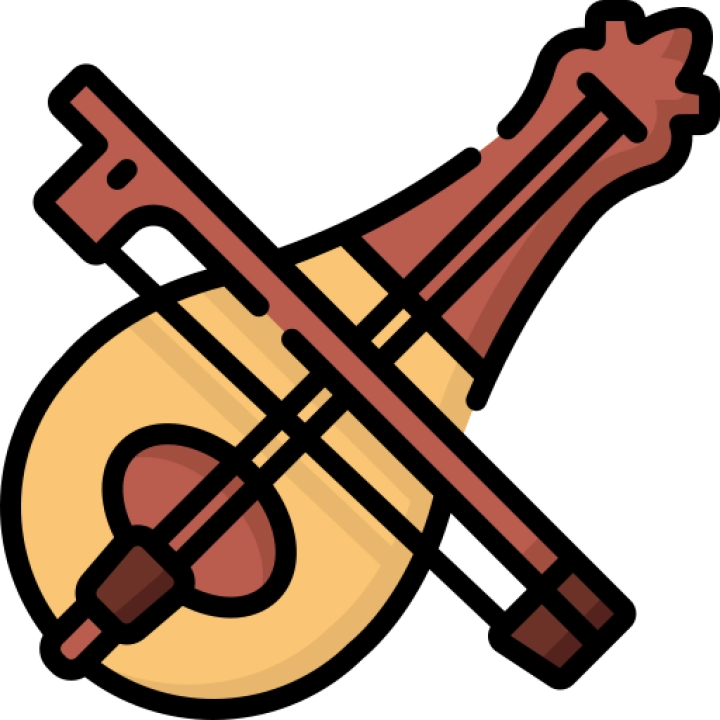Faculty: Fine Arts
This major focuses on the study and performance of bowed string instruments, specifically those played using a bow, such as the violin, viola, cello, and double bass. Students explore key areas such as instrument techniques, music theory, music history, ensemble performance, and pedagogy. The program emphasizes performance skills, musical analysis, and understanding historical and cultural contexts. Graduates are prepared for careers in music performance, education, composition, and related fields.
Learning Objectives:
- Develop advanced performance skills on bowed string instruments.
- Understand music theory and analysis.
- Acquire knowledge of the history and cultural context of bowed music.
- Develop ensemble performance and collaboration skills.
- Explore pedagogical techniques for teaching bowed instruments.
- Analyze and interpret musical compositions.
- Develop a deep appreciation and understanding of music.
Main Curriculum:
- Musical Techniques
- Advanced techniques for playing bowed instruments.
- Private lessons and workshops with renowned musicians.
- Music Theory
- Basics of music theory, including harmony, counterpoint, and form.
- Techniques for analyzing musical compositions.
- Music History
- Overview of music history, focusing on the development of bowed music.
- Cultural and historical context of major musical periods.
- Ensemble Performance
- Participation in orchestras, chamber music ensembles, and other performance groups.
- Collaborative music-making techniques and ensemble leadership.
- Pedagogy
- Principles of teaching bowed instruments.
- Effective teaching techniques and curriculum development.
- Musical Analysis
- Advanced techniques for analyzing and interpreting musical compositions.
- Exploration of various analytical methods and theories.
- Performance Practice
- Principles of performance practice, including stage presence, interpretation, and audience engagement.
- Techniques for preparing and delivering polished performances.
- Graduation Project
- A comprehensive project, such as a concert, composition, or research paper, demonstrating advanced skills and knowledge.
Assessment Methods:
Performance assessments, music theory tests, music history papers, group performances, teaching presentations, musical analyses, graduation projects, and concerts.
Recommended Textbooks:
- "The Study of Orchestration" by Samuel Adler.
- "Music Theory: The Complete Musician" by Steven G. Laitz.
- "A History of Western Music" by J. Peter Burkholder, Donald Jay Grout, and Claude V. Palisca.
- "String Pedagogy" by various authors.
- "Music Analysis" by various authors.
Prerequisites:
Basic knowledge of music theory and proficiency in playing a bowed instrument. Suitable for students interested in music performance, education, and composition.
Duration of Major:
Typically 4 years to obtain a bachelor's degree, including coursework, performances, and projects.
Certificate:
Graduates can obtain a degree in music focusing on bowed instruments and pursue professional certifications in music education, performance, or related areas.
Target Audience:
Aspiring musicians, music teachers, composers, and professionals looking to specialize in bowed instruments and musical performance. This major equips students with the performance, analysis, and pedagogical skills needed to excel in music, supporting careers in music performance, education, composition, and related fields.

